Hemp seeds with up to 50 percent protein could be achieved from UK-grown plants, research suggests
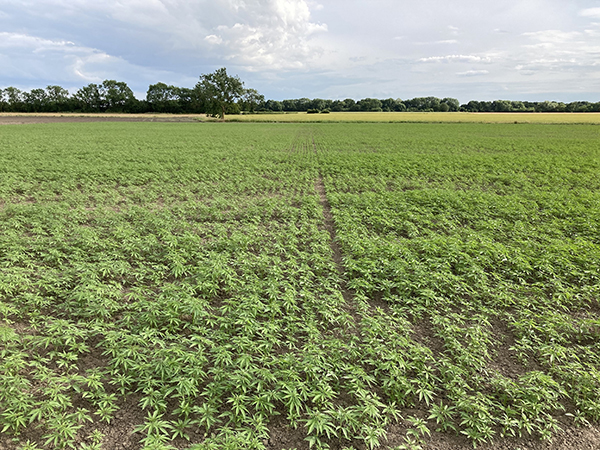
Rare Earth Global, a UK-based grower of industrial hemp for a range of sustainable products, has received £50,000 funding (U.S. $58,000) from the UK Seafood Innovation Fund (SIF) to explore how hemp seeds could be integrated into the diets of farmed salmon in Scotland. The study could lead to the development of an alternative hemp plant-based protein source used as a key ingredient for Atlantic salmon feeds – a global first.
“There are lots of novel feed ingredients coming into the aquaculture sector, but the hemp seed trial is about making the best use of local ingredients,” said Suneet Shivaprasad, managing director and co-founder of Rare Earth Global. “Hemp is one of the fastest growing plants, using minimal water and capturing up to eight times more carbon than most trees, which makes it a highly sustainable choice for so many different products and materials.”
With support from the Sustainable Aquaculture Innovation Centre (SAIC) and the University of Stirling’s Institute of Aquaculture, the project team has begun an initial feasibility trial to assess the impact of hemp protein on fish health and well-being, looking at factors such as digestibility and nutritional value.
“We already know that hemp protein is suitable for human consumption, which is highly promising, but this trial will help us better understand its impact on fish diets including gut health and digestibility,” said Monica Betancor, lecturer at the Institute of Aquaculture. “There may also be additional nutritional benefits, such as anti-inflammatory properties, and our aim is to gather appropriate data that can be used to inform future decisions about the suitability of this new feed ingredient.”
Hemp-based protein is already used in cattle and poultry farming, but the results of this study could see locally grown hemp being introduced as a core feed ingredient in aquaculture for the first time. Initial indications suggest that a hemp-based protein content of up to 50 percent could be achieved from the plants grown on UK soil, exceeding producers’ minimum requirements of 35 percent, as well as reducing the sector’s reliance on imported ingredients such as soy and fish meal.
“Our aim is to ensure that every part of the plant delivers maximum impact, which is why we are focusing on aquaculture,” said Shivaprasad. “Our studies show that protein conversion rates in salmon are much higher than for cattle or poultry, highlighting significant potential for the sector to introduce it as a new, sustainable feed ingredient. The process could be scaled up very quickly and we could see an entirely new UK-based supply chain for fish feed emerging in the near future.”
By 2024, Rare Earth Global expects to be the largest UK-based hemp processor, contracting up to 5,000 hectares and the team said they have reportedly had “positive discussions” with some of Scotland’s major seafood producers and feed manufacturers.
“With rising demand for sustainable healthy protein across the globe, aquaculture has a responsibility to reduce the environmental footprint of seafood production while also increasing its capacity to feed a growing population,” said Sarah Riddle, director of innovation and engagement at SAIC. “Rare Earth Global’s entry into the sector represents an exciting opportunity for a new low-carbon feed source that could see reductions in imports from overseas. The circular model of production is equally important, highlighting the opportunity for a range of different sectors to make use of ingredients that may have otherwise been considered as waste.”
Follow the Advocate on Twitter @GSA_Advocate
Now that you've reached the end of the article ...
… please consider supporting GSA’s mission to advance responsible seafood practices through education, advocacy and third-party assurances. The Advocate aims to document the evolution of responsible seafood practices and share the expansive knowledge of our vast network of contributors.
By becoming a Global Seafood Alliance member, you’re ensuring that all of the pre-competitive work we do through member benefits, resources and events can continue. Individual membership costs just $50 a year.
Not a GSA member? Join us.
Author
Tagged With
Related Posts
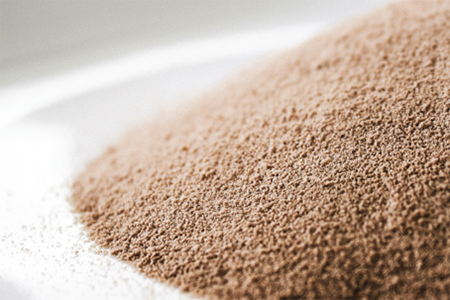
Aquafeeds
Microbial feed ingredient performs well in trial trout diet
In a trial trout diet conducted with BioMar, Unibio’s microbial feed ingredient Uniprotein was added at up to a 15 percent inclusion rate.
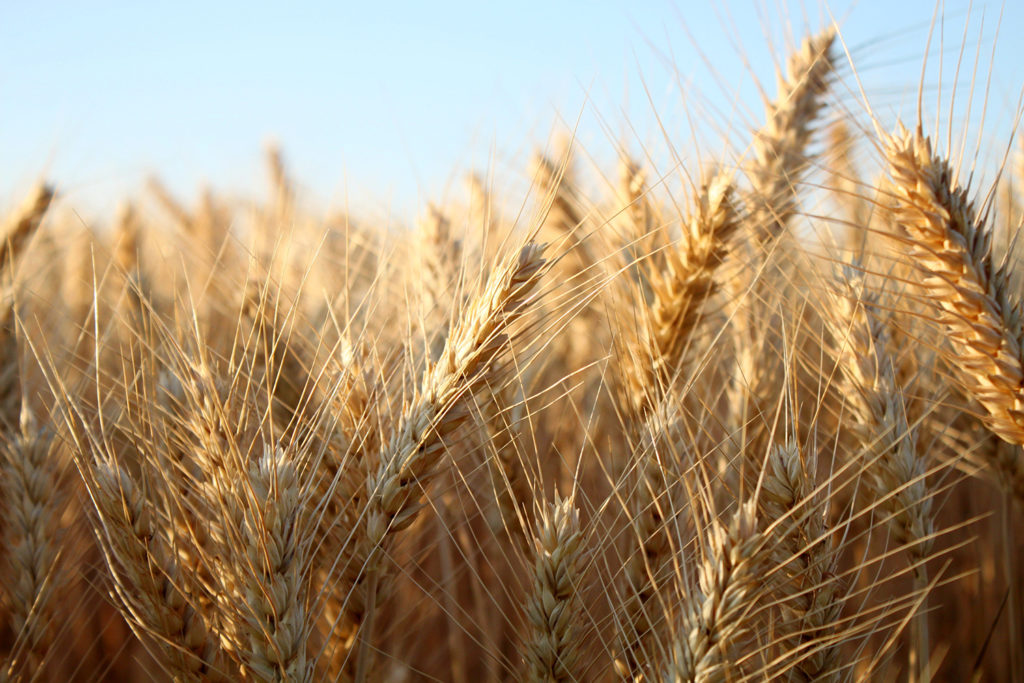
Aquafeeds
Montana firm putting barley on the alternative feed ingredient menu
Aquafeed manufacturers around the world seeking alternatives to fishmeal may soon be able to turn to an abundant and underutilized crop: barley.
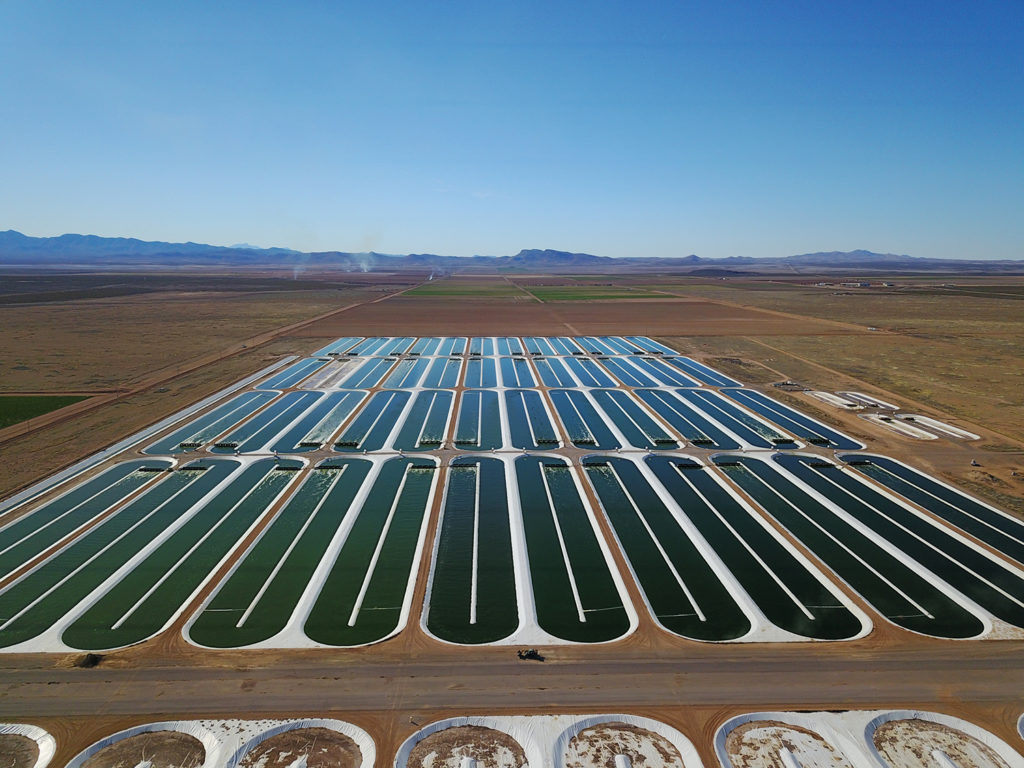
Aquafeeds
Pond-cultivated algae: Slimy superhero for aquafeeds?
Qualitas Health, which grows algae in ponds in New Mexico and Texas for human supplements, is entering the alternative aquafeed ingredient market.
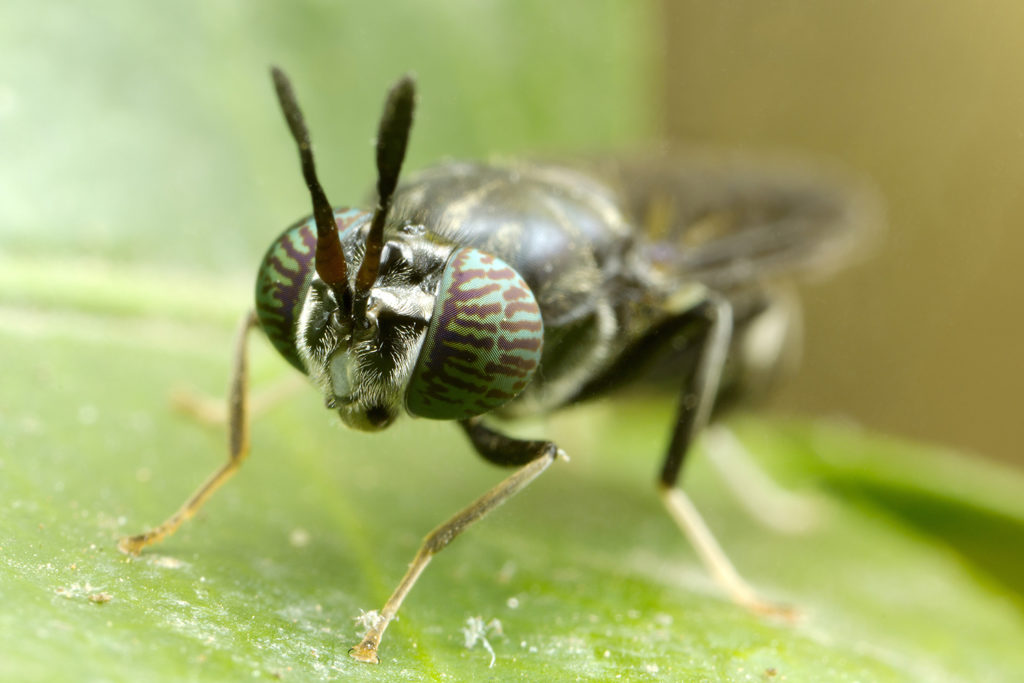
Aquafeeds
Fly guys: Canada opens the door for insect-based feed companies
The sci-fi flick “The Fly” warned about mixing flies and technology, but high-tech black soldier fly farmers are seizing a real opportunity in aquaculture.



